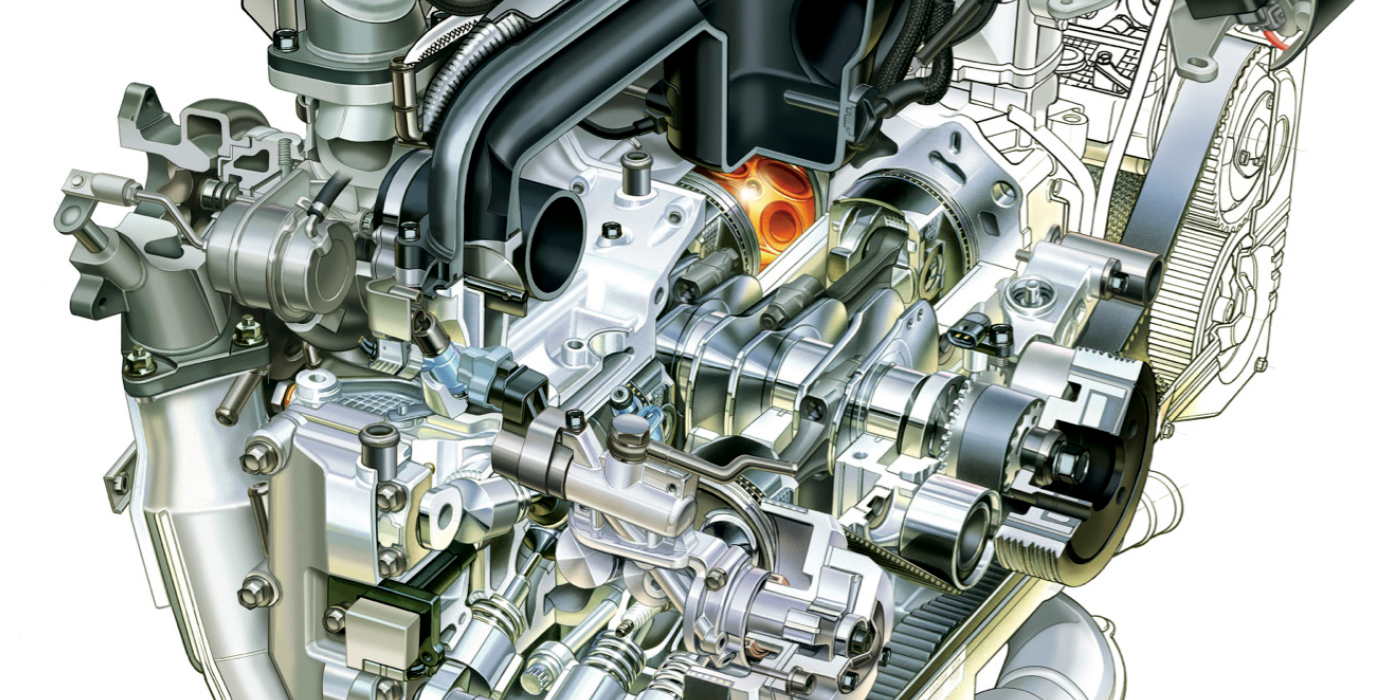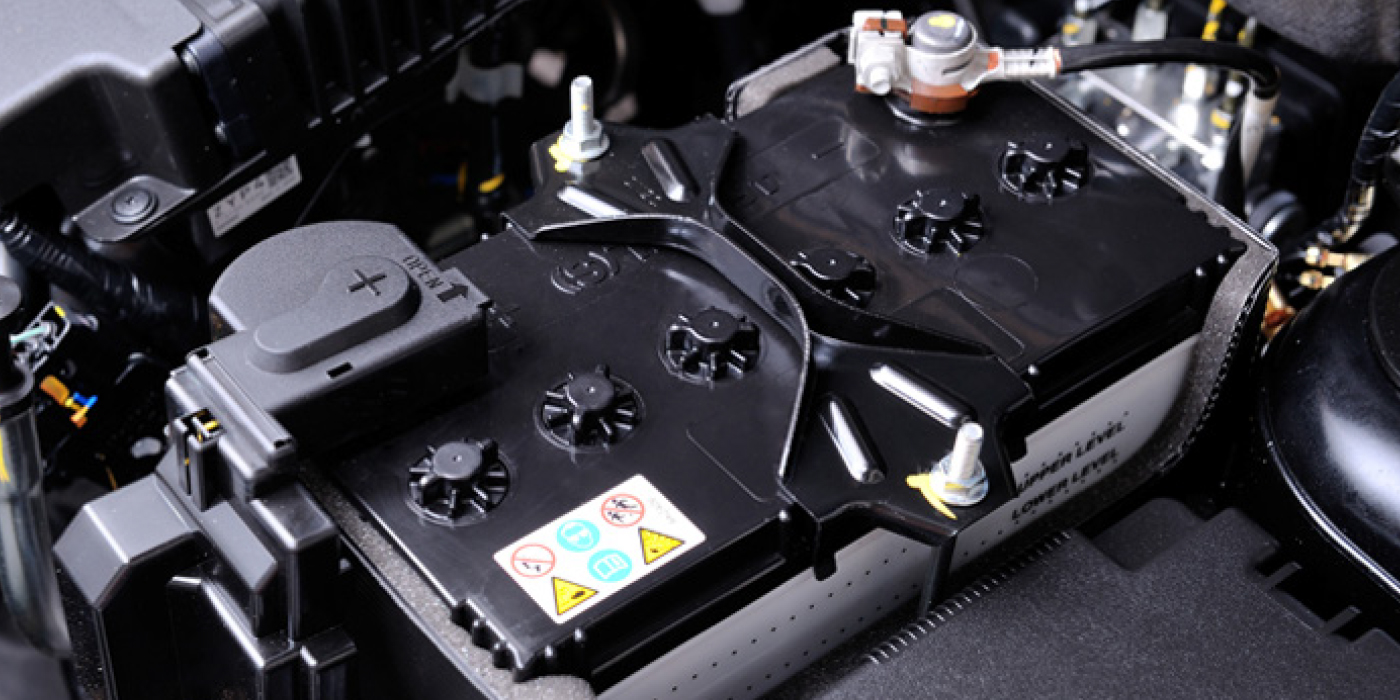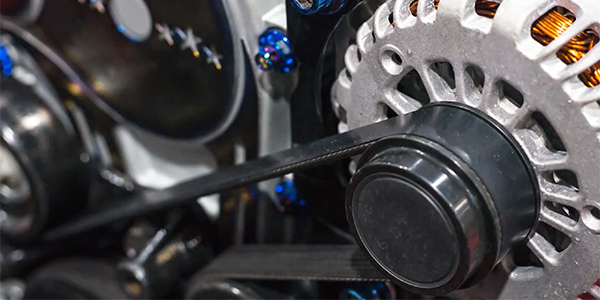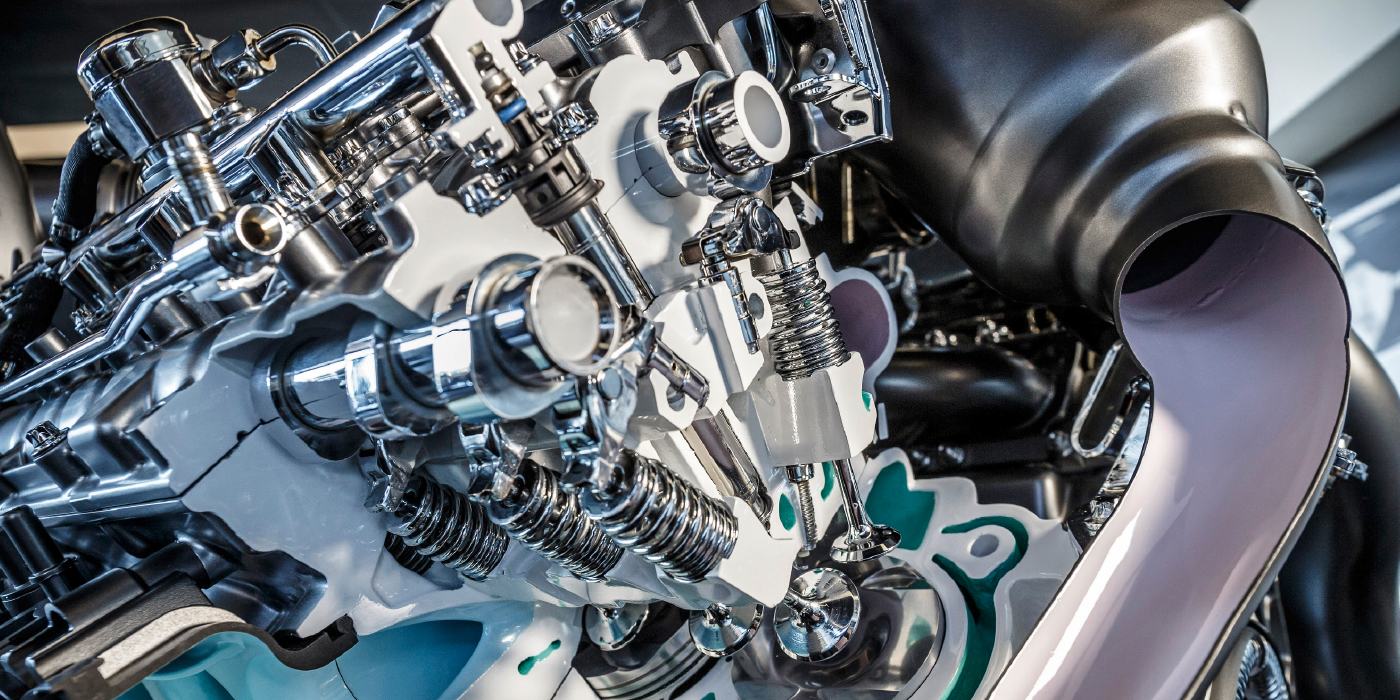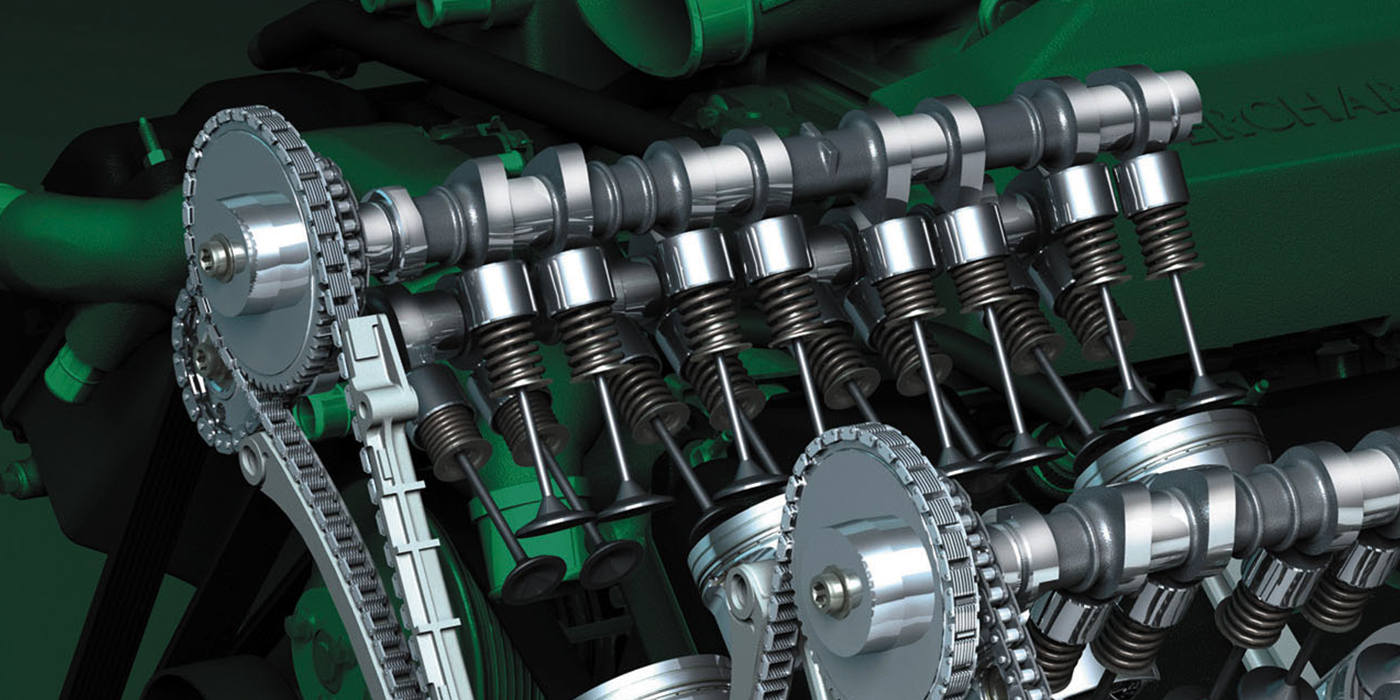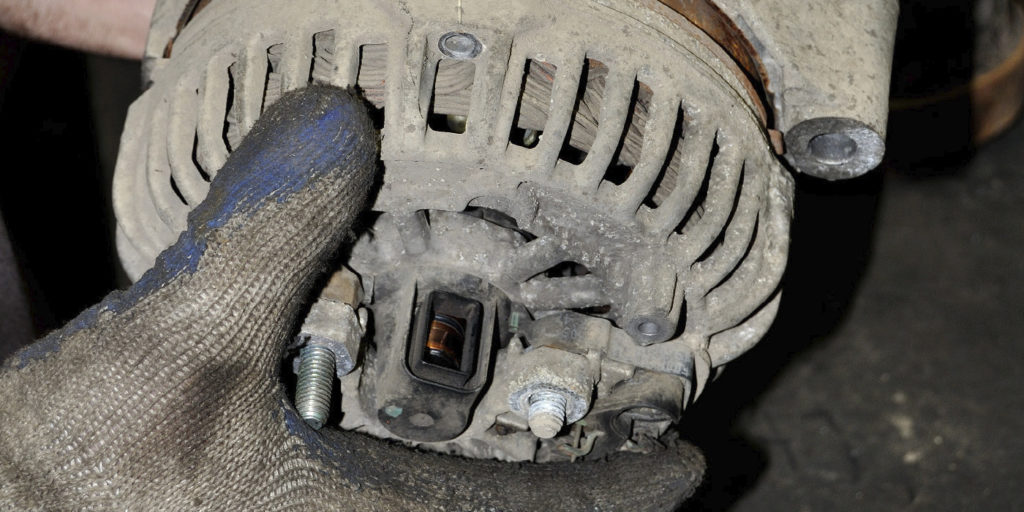Rattle noise from the air conditioning compressor. The noise is particularly audible in ECON operation. When the compressor operates under load, the noise is hardly audible. This condition is exhibited only in vehicles equipped with a DENSO air conditioning compressor with a plastic pulley.
Damper elements of the plastic pulley are noisy under little or no compressor load.
Production Solution:
New compressor from model year 2008.
Service
1. Check whether a plastic pulley is installed on the air conditioning compressor.
2. Make certain that the vehicle is in a temperature environment above 5° C (approximately 40° F), as a compressor shut off condition is active below this temperature.
3. Set the HVAC system to full cooling and listen for noise.
4. Activate ECON mode. If the noise is only present in ECON and not in full cooling, it is likely that the compressor pulley is the source of the noise.
5. Apply a noise-dampening foil (P/N 8E0 260 329) to the pulley. The air conditioning compressor does not have to be removed.
6. If this solution is not successful, replace the plastic pulley according to the repair information in ElsaWeb >> Heating, Ventilation & Air Conditioning >> Heating, Ventilation & Air Conditioning >> 87 Air Conditioning >> Compressor Belt Pulley/Drive Unit, Replacing.
Courtesy of MotoLOGIC® Repair & Diagnostics:
Alternator Testing For No Charge Conditions
Many alternator problems turn out to be nothing more than a bad connection at the alternator or a bad wiring harness.
If only battery voltage is present at the battery on a running engine, does this mean the alternator is “bad?” No, it does not. It only means that the alternator is not charging, but does not reveal why. Therefore, it does not point to a faulty alternator. All too often, the alternator is condemned by technicians due to this test alone. The cause could instead be a module that distributes the power to the vehicle and regulates the alternator.
Understanding Coolants
All-season coolant used inorganic acid technology and worked great for almost 30 years.
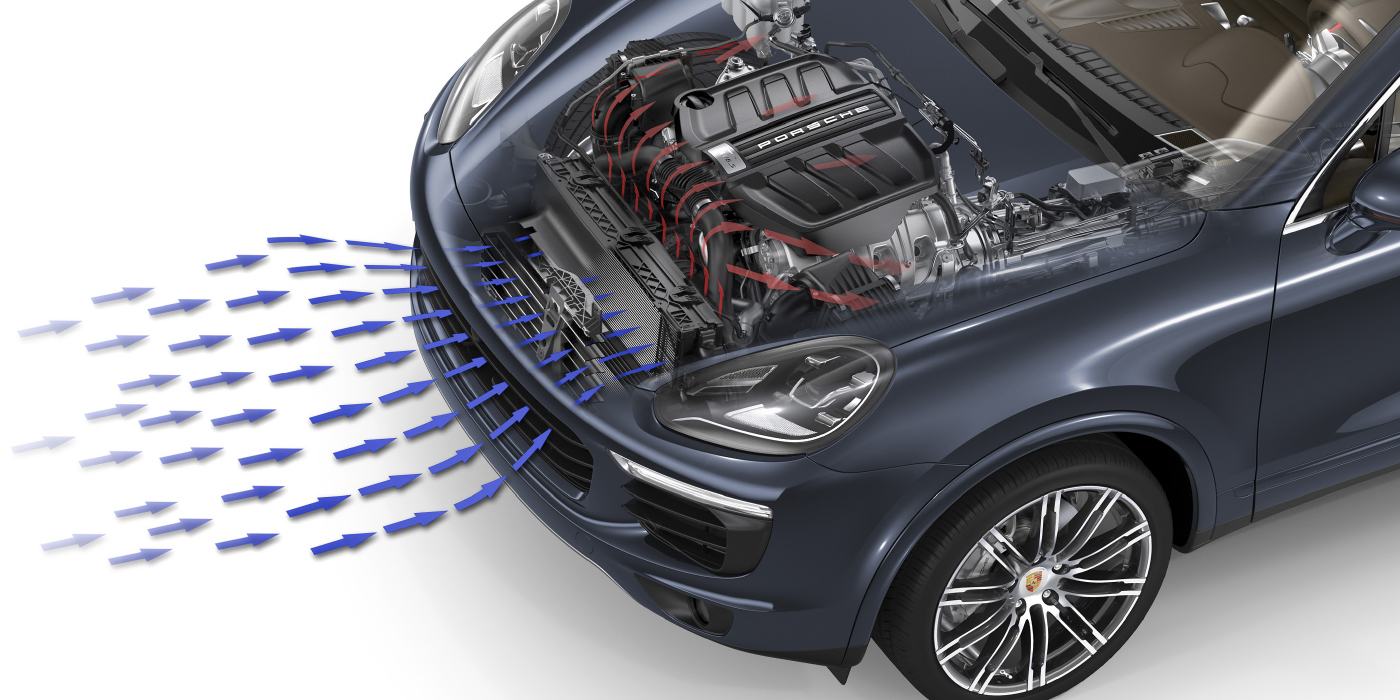
Ignition System Do’s and Don’ts
Why do ignition systems give technicians problems when diagnosing ignition-related misfires? The answer is that some technicians use tests that might give inconclusive results or do damage to the coil or drivers inside a module.
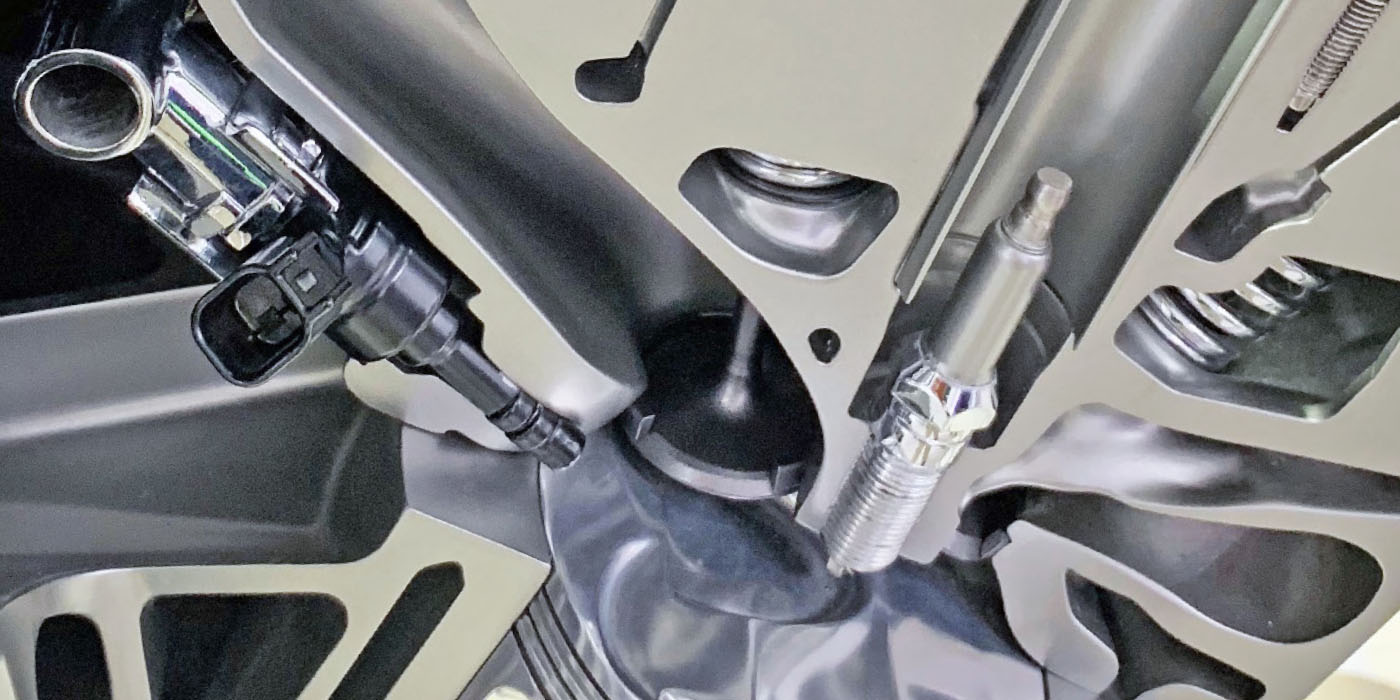
Tools To Service Serpentine Belts
Servicing the serpentine belt on some vehicles is a tough task.

Battery Charging and Diagnostics
Here are six tips to use when diagnosing a vehicle with a dead battery.
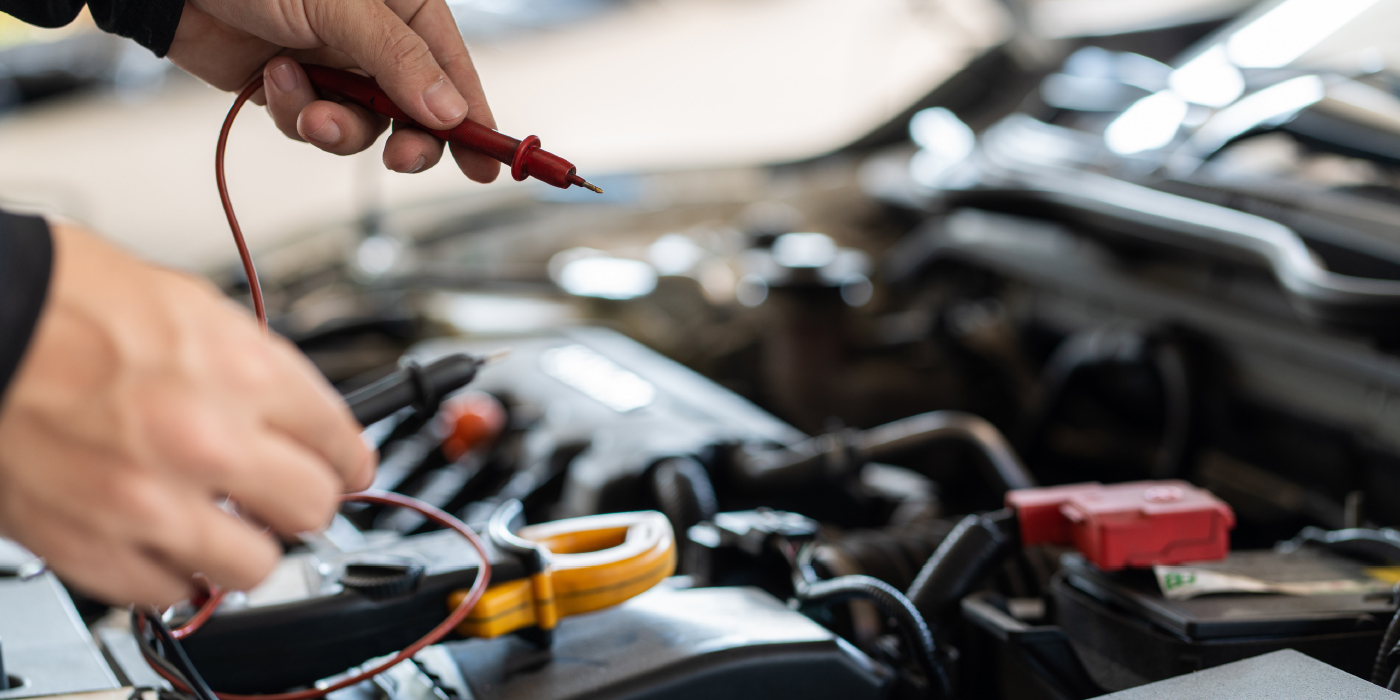
Other Posts
Why Do Timing Chains Stretch?
As the timing chain wears, it can change the timing of the camshaft and crankshaft.
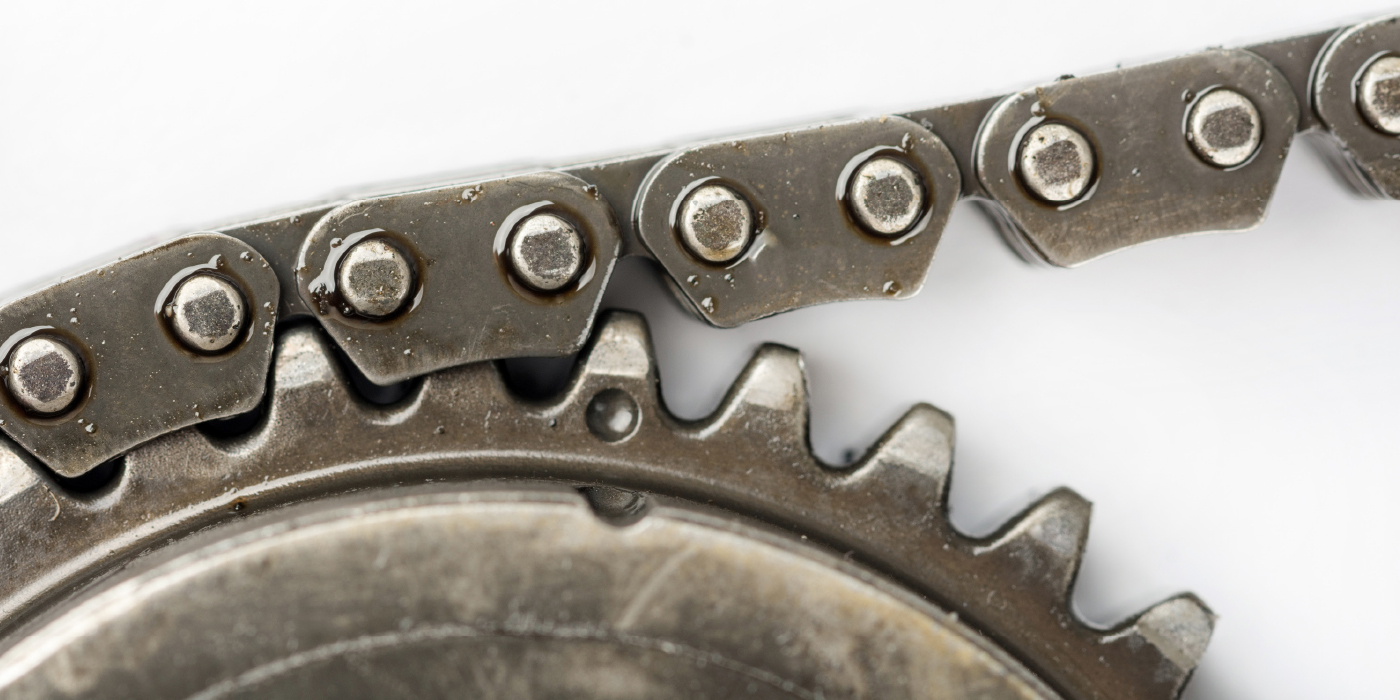
Carbon Deposits and Direct Injection Engines
The primary cause of these problems is that fuel and added detergents are not hitting the back of the intake valves.
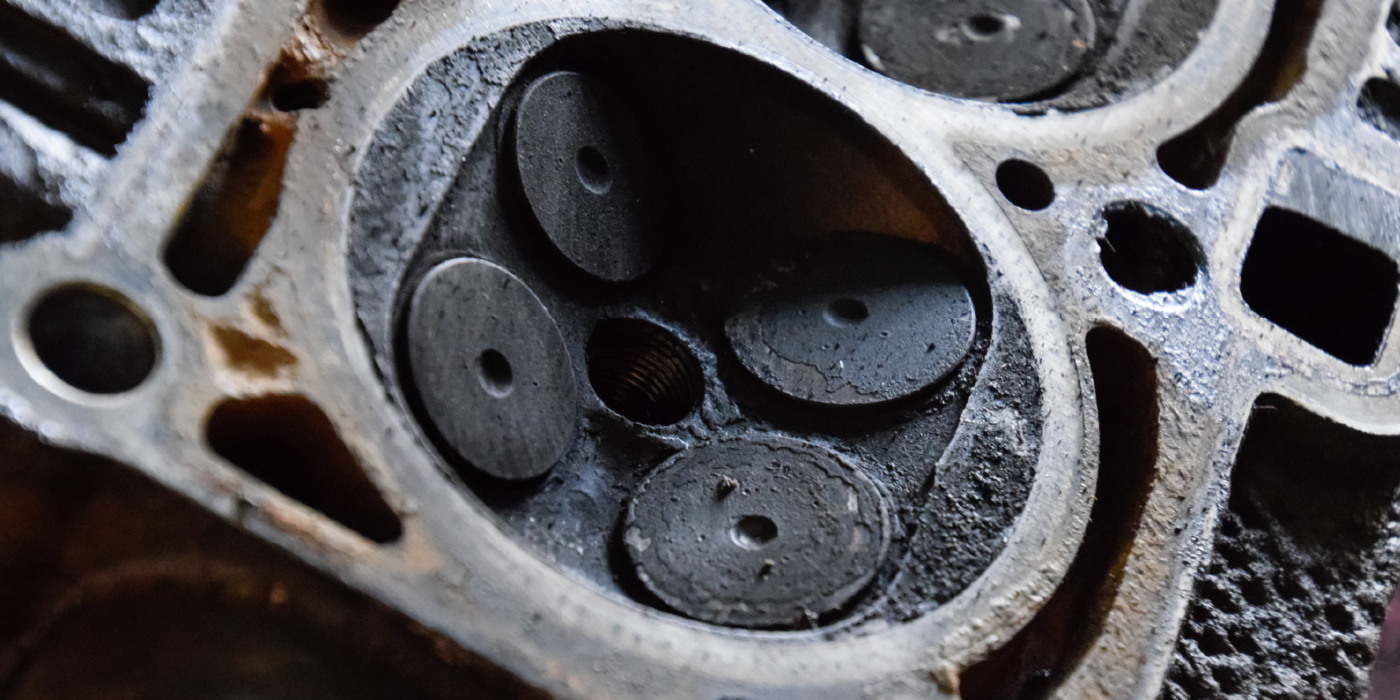
Acura Turbo Engine Service
It is important to check the operation of the solenoids that control vacuum to the actuators.
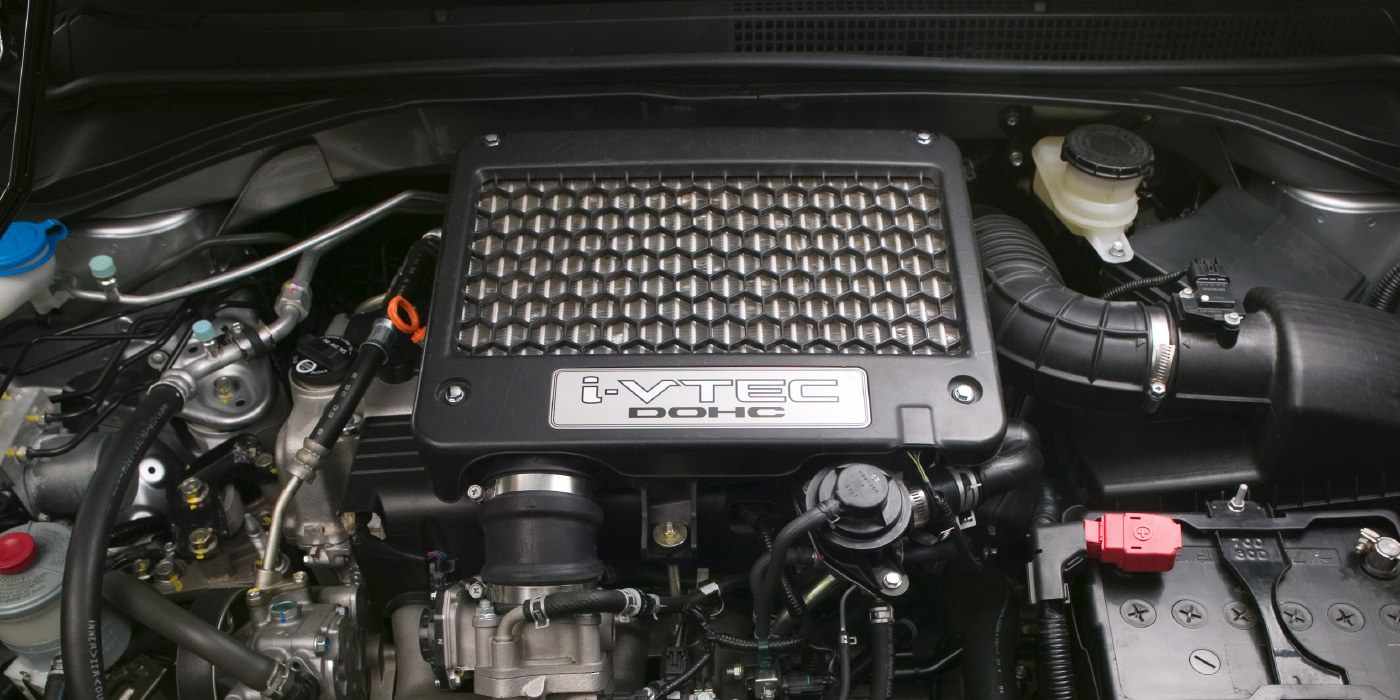
Subaru EJ25 Head Gasket Problems
Most of the EJ head gasket failures occur around the 100,000-mile mark and start as a slow oil or coolant leak.
